Syria was shaken by renewed violence overnight into Sunday with fresh clashes reported in two volatile regions, further undermining a fragile ceasefire and raising concerns over the interim government’s ability to assert control nationwide.
In the country’s north, pro-government forces engaged in skirmishes with Kurdish-led troops who currently hold sway over much of the area. Simultaneously, armed confrontations broke out between state forces and Druze militias in the southern province of Sweida.
The renewed fighting comes as the transitional authorities attempt to uphold a tenuous truce in Sweida, following previous clashes with Druze fighters last month. They are also working to enforce a pact with the Kurdish-led, US-supported Syrian Democratic Forces (SDF) to reintegrate large parts of north eastern Syria into the national fold.
Interim President Ahmad al-Sharaa, who rose to power after leading an unexpected rebellion that unseated long-time ruler Bashar Assad in December, has faced persistent challenges in stabilising the country. His leadership—marked by Islamist affiliations and support from aligned militant factions—has drawn scepticism from opposition groups as well as ethnic and religious minorities.
On Saturday, state television reported violent encounters between government forces and Druze militias in Sweida province. According to the state-run Alikhbaria network, an unnamed security source confirmed that the ceasefire had collapsed after Druze fighters attacked Syrian security personnel, resulting in at least one fatality. The Defense Ministry has not released any official comment.
Quick Reads
View AllThe UK-based Syrian Observatory for Human Rights reported that, along with one security officer killed, a Druze fighter also died in the violence, and at least nine others were injured. The group said the confrontation took place in the Tal al-Hadeed area—an important high ground that borders neighbouring Daraa province.
State media says that aid convoys continue to enter Sweida city as a part of a tense truce after over a week of violent clashes in July between Druze militias and armed Bedouin clans backed by government forces. However, humanitarian conditions remain dire, and residents of Sweida have called for the road into the city to be fully opened, saying the aid that has come in is not enough.
The clashes that displaced tens of thousands of people came after months of tensions between Damascus and Sweida. The fighting led to a series of targeted sectarian attacks against the Druze minority, who are now skeptical of peaceful coexistence. Druze militias retaliated against Bedouin communities who largely lived in western areas of Sweida province, displacing many to neighboring Daraa.
Elsewhere, in the northern Aleppo province, government-affiliated fighters clashed with the SDF. The Defense Ministry said three civilians and four soldiers were wounded after the SDF launched a barrage of rockets near the city of Manbij “in an irresponsible way and for unknown reasons.”
SDF spokesperson Farhad Shami on the other hand said the group was responding to shelling by “undisciplined factions” within government forces on Deir Haffar, an eastern city in the same province.
The eastern part of Aleppo province straddles areas controlled by the government and by the SDF. Though the two are slowly trying to implement a ceasefire and agreement that would integrate the areas under Damascus, tensions remain.
“The Ministry of Defense’s attempts to distort facts and mislead public opinion do not contribute to security or stability,” Shami said in a post on X, formerly Twitter.
In Quneitra province, in the south, the Israeli military announced it conducted another ground operation in the area that borders the Israeli-annexed Golan Heights. It said its troops questioned several suspects they accuse of involvement in weapons trafficking in the village of Hader, and raided four areas where they found weapons being trafficked.
Since Assad’s ouster, Israel has conducted numerous strikes and military operations in southern Syria, saying its forces are taking out militant groups that they suspect could harm Israelis and residents in the Golan Heights.
Damascus has been critical of Israel’s military activity, and the two sides have been trying to reach a security arrangement through U.S.-mediated talks. Syria has repeatedly said it does not intend to take military action against Israel.
Those talks intensified after Israel backed the Druze in Sweida during the earlier clashes. Israel struck military personnel near the southern city and most notably launched an airstrike targeting the Defense Ministry headquarters in the heart of Damascus.
With inputs from agencies


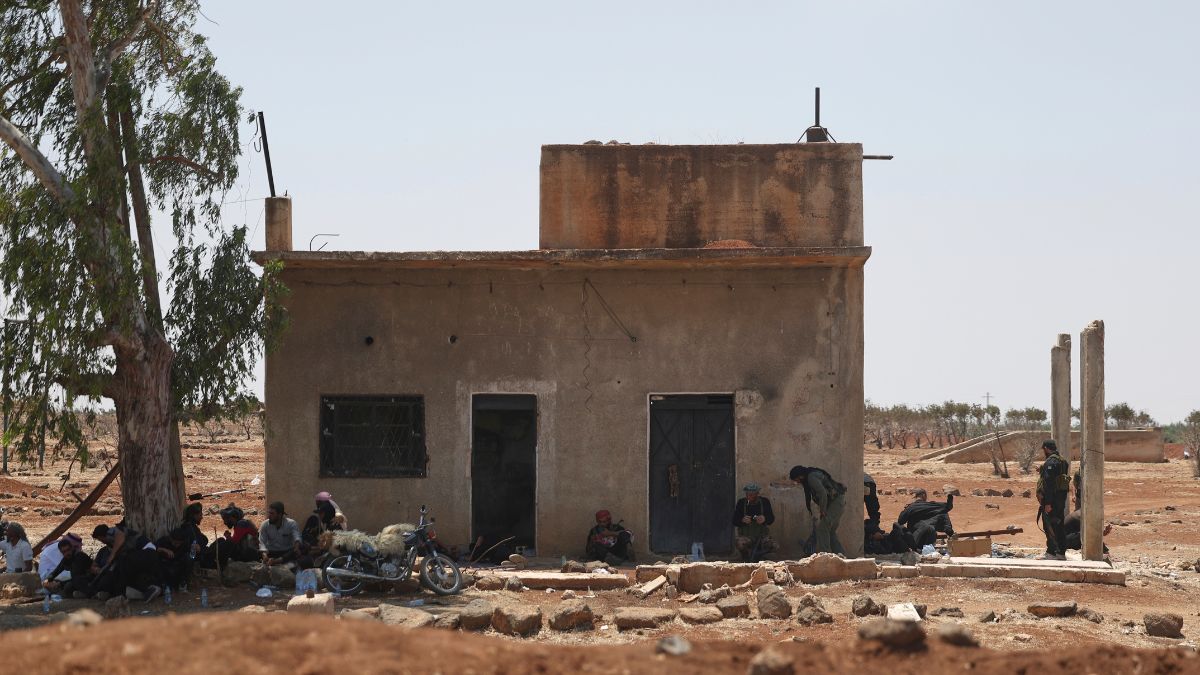)
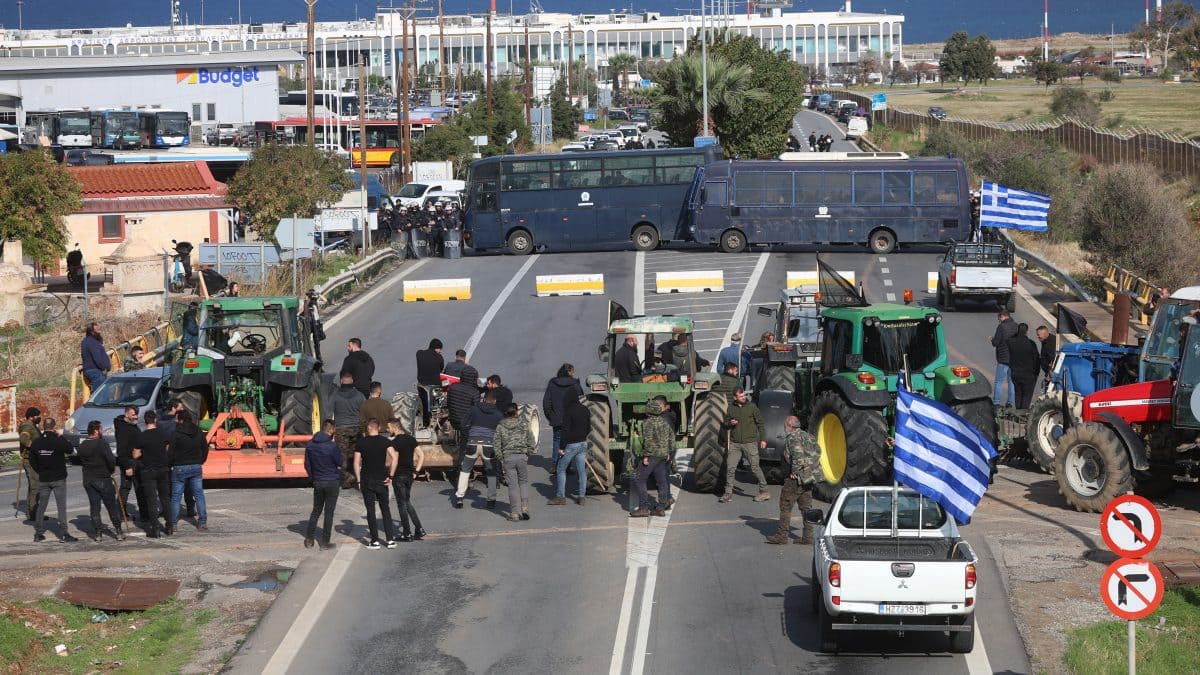
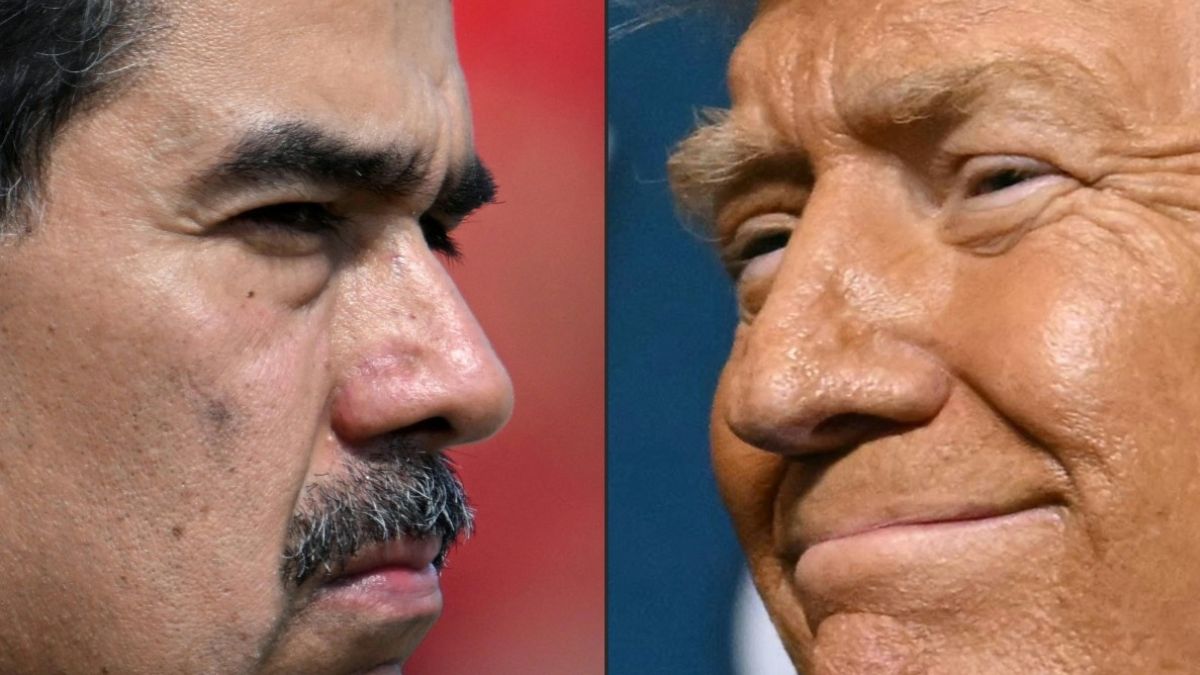)
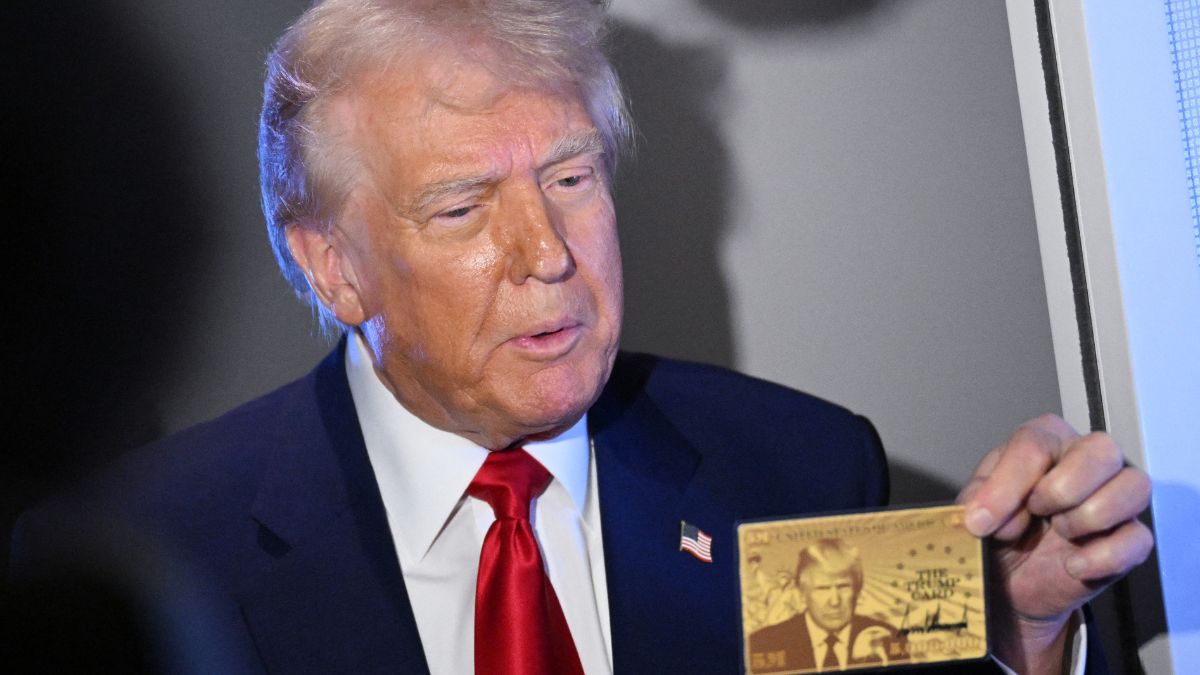)
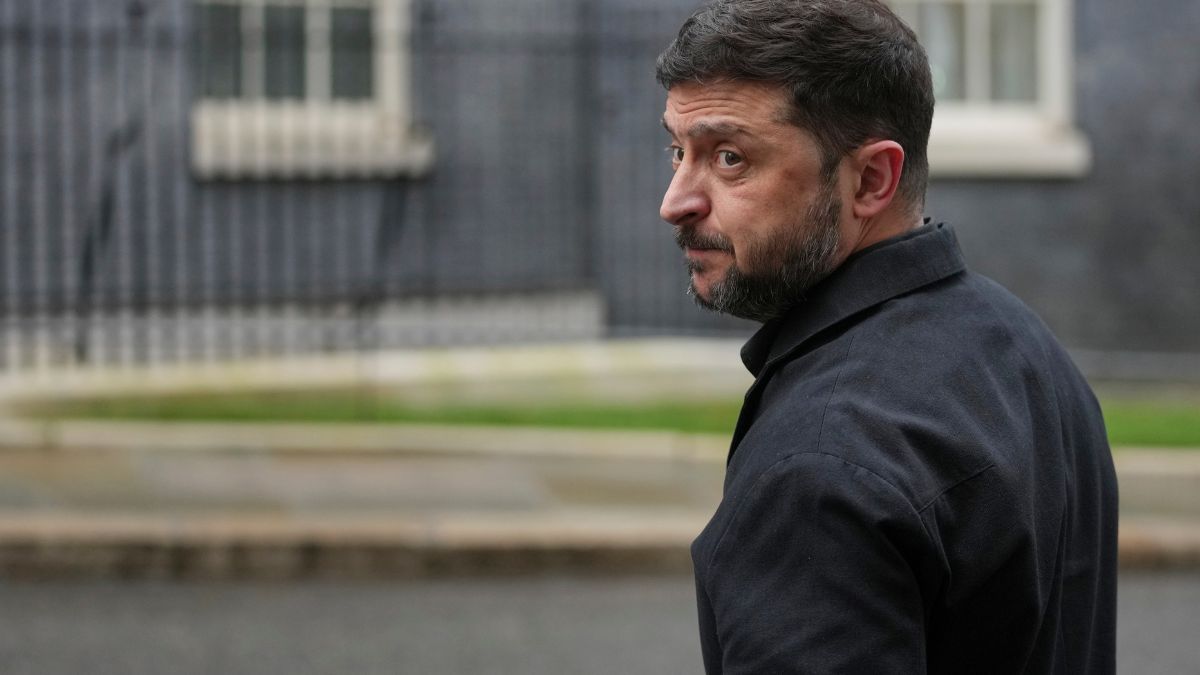)
)
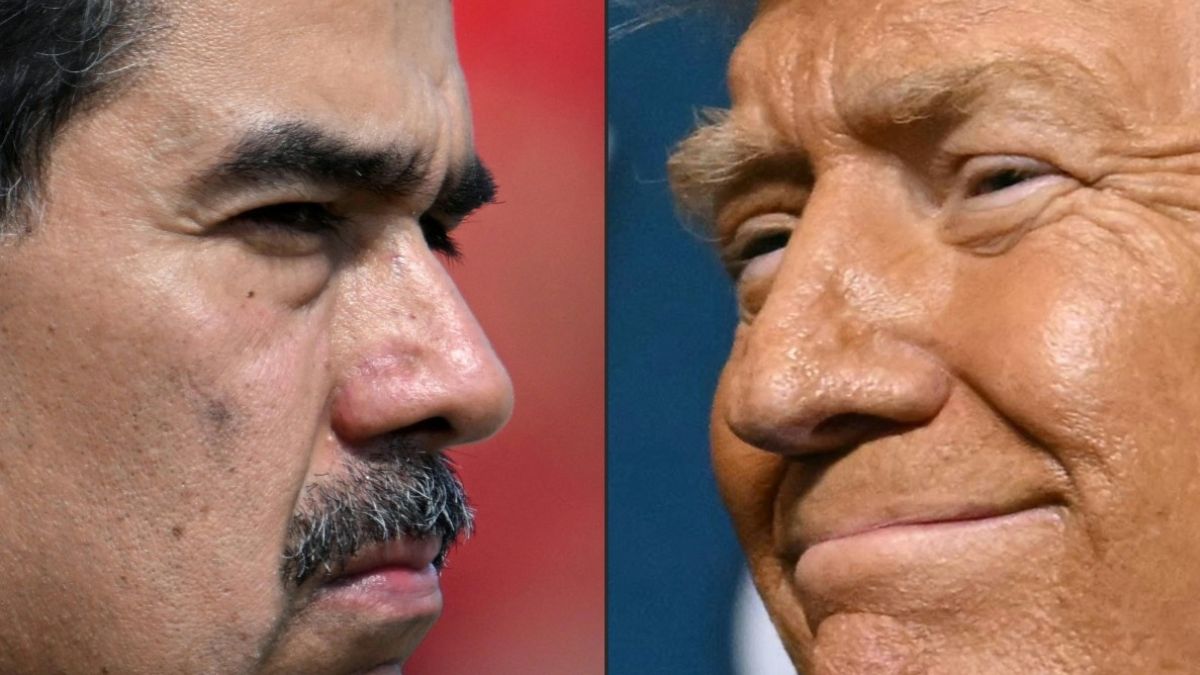)
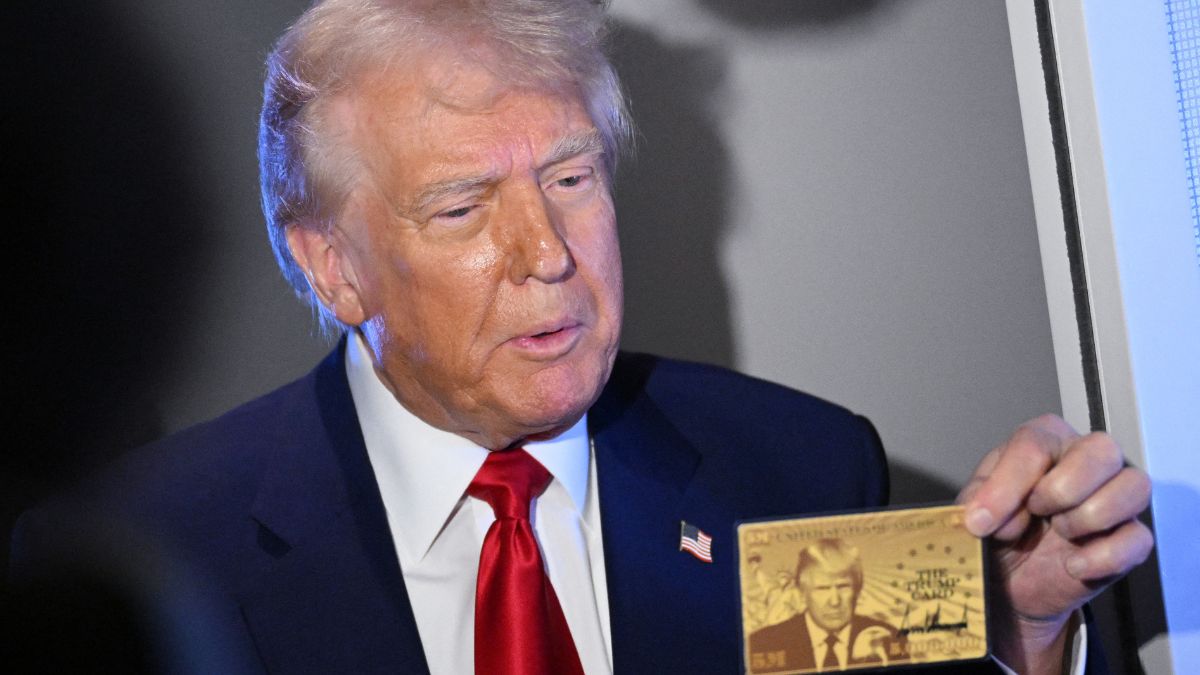)
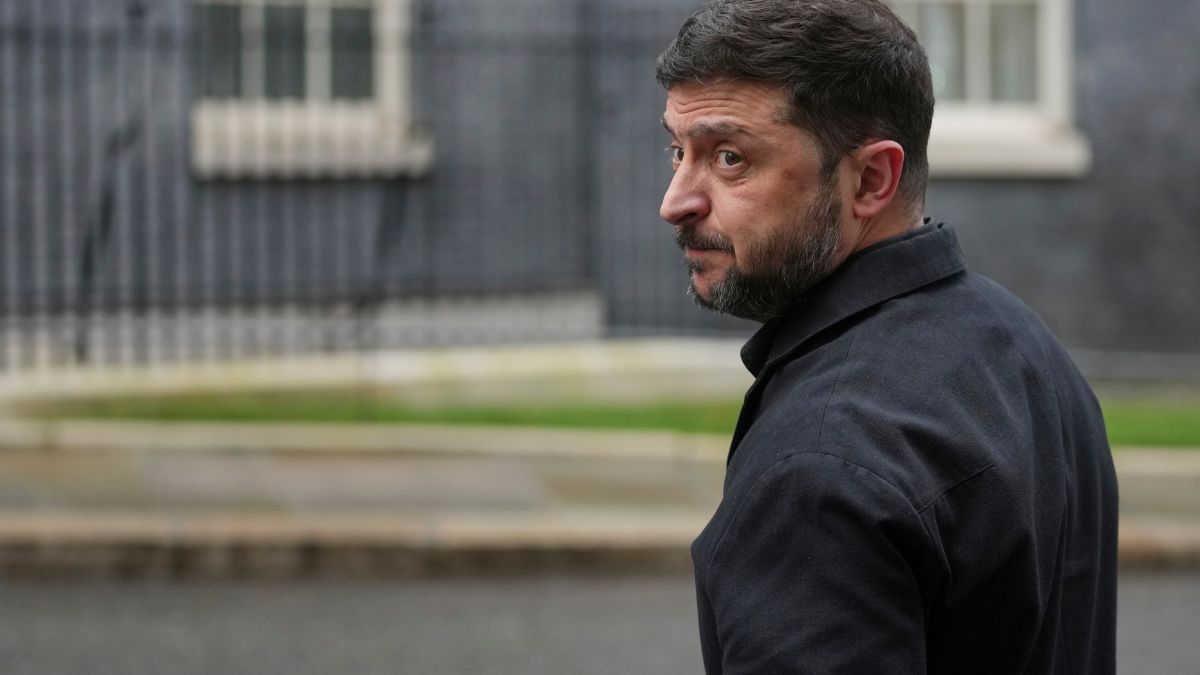)
)



